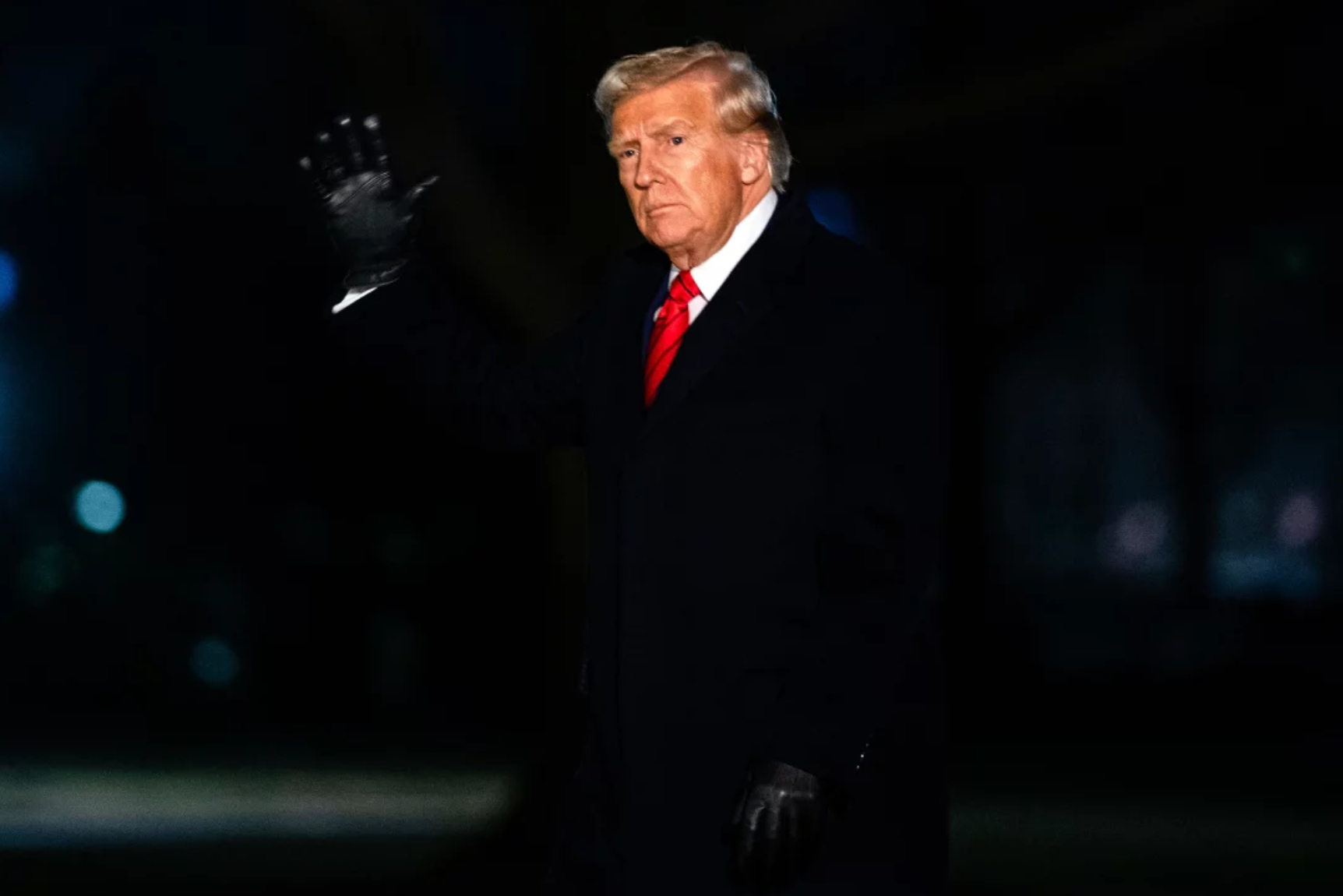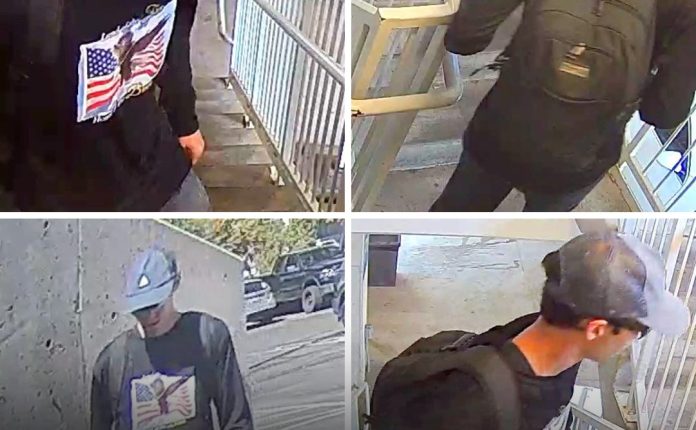Judge Blocks Trump’s Firing of Whistleblower Office Chief, Reinstates Him Temporarilyf
A federal judge has temporarily reinstated Hampton Dellinger as the head of the Office of the Special Counsel (OSC) after President Donald Trump attempted to remove him from his position. The decision, issued late Wednesday by Judge Amy Berman Jackson, blocks the White House from dismissing Dellinger without cause, ensuring that the office responsible for protecting whistleblowers remains intact for now. Jackson, an appointee of former President Barack Obama, ruled that the firing violated statutory protections designed to safeguard the independence of the Special Counsel. “The effort by the White House to terminate the Special Counsel without identifying any cause plainly contravenes the statute, which states, ‘[t]he Special Counsel may be removed by the President only for inefficiency, neglect of duty, or malfeasance in office,’” Jackson wrote in her decision. “This language expresses Congress’s clear intent to ensure the independence of the Special Counsel and insulate his work from being buffeted by the winds of political change,” she added. The ruling keeps Dellinger in office while further court proceedings determine whether he will be allowed to remain in the role permanently. His lawsuit against the Trump administration, filed on Monday, argues that he was fired abruptly through a one-sentence email that did not provide any justification for ending his five-year term early.

This is not the first time Jackson has ruled in favor of temporarily protecting Dellinger’s position. Earlier in the week, she had already issued an emergency order allowing him to remain in his post until Thursday night. With this latest ruling, Dellinger is now back in office indefinitely while legal challenges continue. Dellinger’s position as Special Counsel differs from the similarly titled role within the Justice Department. The OSC functions as an independent watchdog, providing whistleblowers with a formal channel to report government misconduct while also protecting them from retaliation. The office also oversees potential violations of the Hatch Act, which prohibits federal employees from engaging in partisan political activity while on duty. Since returning to his post on Tuesday, one of the first actions taken by Dellinger’s team was to investigate a potential Hatch Act violation involving a Federal Emergency Management Agency (FEMA) employee. The individual allegedly instructed staff not to visit homes displaying Trump campaign signs, a directive that could be considered unlawful political discrimination. The OSC’s inquiry into the matter underscores the office’s role in maintaining ethical standards in federal employment.

Dellinger, a nominee of former President Joe Biden, had been leading the OSC since 2023. His removal by Trump last Friday raised alarms among government transparency advocates, who saw it as an attempt to weaken protections for federal whistleblowers. Critics argue that Dellinger’s firing was politically motivated, potentially tied to ongoing investigations into the Trump administration’s actions. The Trump administration, however, maintains that the firing was within the president’s authority. White House officials have yet to provide an official explanation for Dellinger’s removal but insist that presidential appointees serve at the discretion of the president. The case is now expected to continue in court, where legal experts anticipate further debate over the scope of the president’s authority to remove officials from independent agencies. The outcome could have significant implications for the autonomy of the OSC and similar oversight bodies designed to operate free from political interference. Dellinger’s reinstatement marks a temporary victory for those advocating for government accountability, but the battle over his position is far from over. As court proceedings unfold, the case will test the limits of executive power in determining who can oversee and investigate potential government wrongdoing.

With the OSC’s role in whistleblower protection and government oversight at stake, the case carries broader implications beyond Dellinger’s individual position. The decision to remove or retain him could influence future administrations’ ability to dismiss independent officials and shape the landscape of federal accountability mechanisms. For now, Dellinger remains in his role, continuing to lead an office tasked with ensuring transparency and ethical governance. The final decision on his fate will likely rest with the courts, setting an important precedent for how independent oversight agencies function under shifting political administrations.


